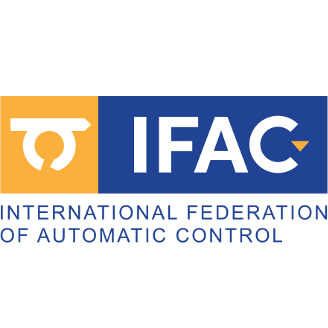
3rd IFAC Workshop 2019
CDPS 2019: Workshop on Control of Systems Governed by Partial Differential Equations CPDE 2019 and XI Workshop Control of Distributed Parameter Systems
CPDE is the triennial meeting of IFAC for bringing together scientists interested in modelling and control of distributed parameter systems and their applications. CDPS started in 1998 with the aim to study and develop the mathematical machinery to study the control problems of distributed parameter systems. Since the control design for these systems resides at the intersection of mathematics, systems and control theory, control systems technology, and computer and information science CPDE-CDPS’19 aims at providing a forum to foster and develop this important and emerging field of research under the IFAC flagship , and with the technical co-sponsorship of the IEEE Control Systems Society.
The aim of organizing these two workshops in one is to bring together scientists interested in control of distributed parameter systems, namely those having different points of view and possessing different types of expertise. The conference will address new and state-of-the-art developments in modelling and control of distributed parameter systems and their application. Since the control design for these systems resides at the intersection of mathematics, systems and control theory, control systems technology, and computer and information science it essential to provide a joint forum to foster and evolve this important and emerging field of research. CPDE-CDPS’19 aims at providing this forum under the IFAC flagship, with the technical co-sponsorship of the IEEE Control Systems Society and in collaboration with the Mexican Mathematical Society (SMM).
The topics of the workshop will cover new and state-of-the-art developments in modeling and control of distributed parameter systems and its application. This covers approaches and techniques for the modeling, analysis, control, and observer/estimator design for systems governed by partial differential equations and includes (but is not limited to) methods such as differential geometric and algebraic approaches, semigroup and operator theory, Lyapunov-based and backstepping techniques, passivity and dissipativity, optimal control, controllability and observability analysis, stability theory, model reduction for control, computational methods, real-time control, actuator and sensor placement, experimental design.
